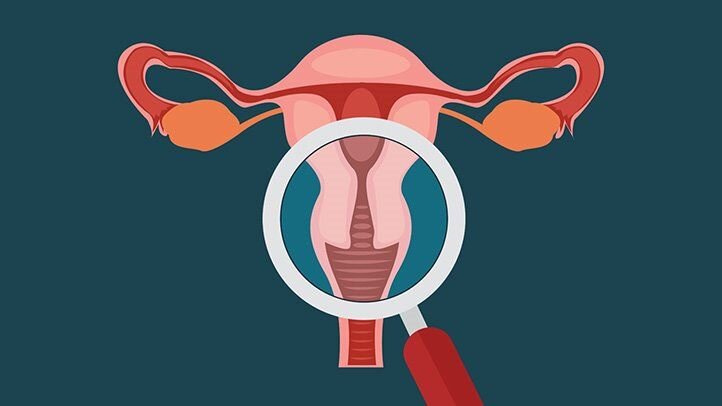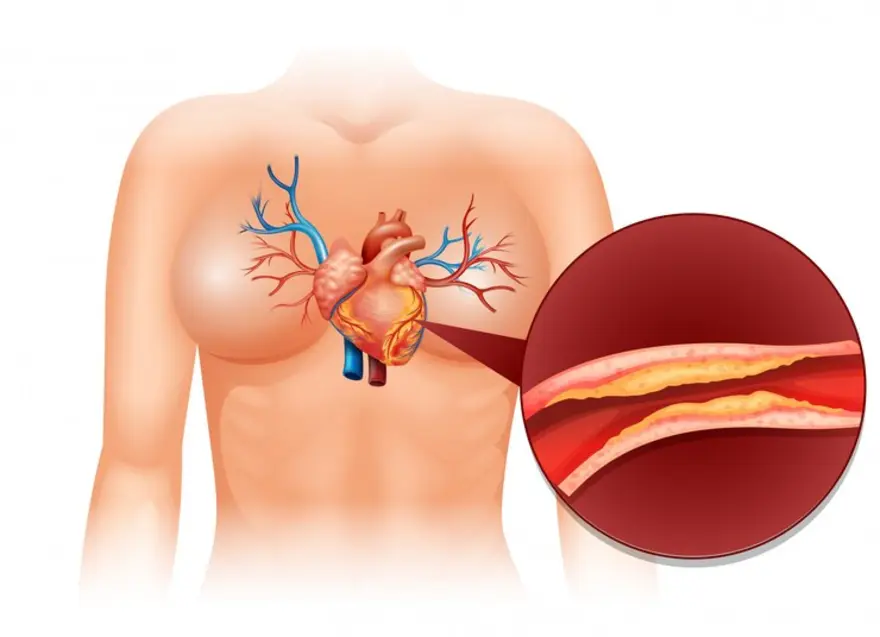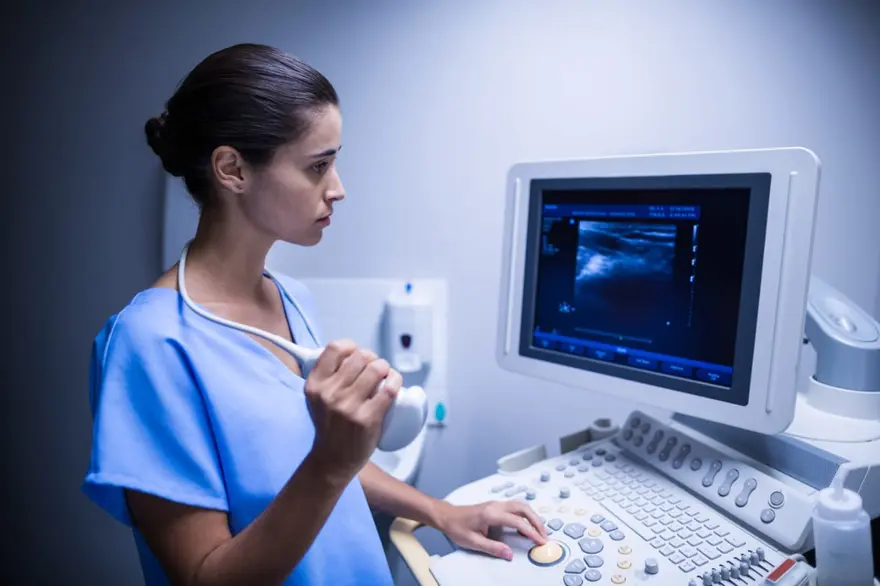Preventive Healthcare
Endometriosis - Symptoms, Causes, Treatment and Surgery
1795 Views
0

Endometriosis is a condition in which the tissue that lines the uterus (the endometrium) grows outside the uterus. It can cause pain, heavy bleeding, and other symptoms. Endometriosis most often affects women of childbearing age, but it can occur at any age.
While there is no cure, there are treatments that can help relieve the symptoms. Surgery is sometimes needed to remove the endometrial tissue.
Who Can Get Endometriosis?
It affects women of childbearing age. It is most common in women in their 30s and 40s. However, it can also occur in younger and postmenopausal women.
The tissue can grow on the ovaries, fallopian tubes, the outer surface of the uterus, the intestines, or other areas in the pelvis. Endometriosis can also occur in the cervix or vagina. This condition is not cancerous, but it can cause fertility problems.
Endometriosis is also associated with pain, particularly during menstruation. The pain can be mild to severe. In some cases, it can be so severe that it interferes with a woman’s ability to work or participate in activities she enjoys.
Symptoms of Endometriosis
Endometriosis is often characterised by pelvic pain, particularly during menstruation or intercourse. However, some women with endometriosis may not experience any symptoms at all. Some symptoms include
- Heavy or irregular menstrual bleeding
- Pain during urination or bowel movements
- Gastrointestinal pain
- Fatigue
- Infertility
You must see your doctor for a diagnosis if you suspect you have endometriosis.
Causes of Endometriosis
There are several possible causes of endometriosis, but the exact cause is unknown. It may be caused by a combination of factors, including:
- Hormonal changes: Endometriosis is more common in women with certain hormonal conditions, such as high estrogen levels or problems with the way the body uses estrogen.
- Immune system problems: Women with endometriosis may have a problem with their immune system that allows endometrial tissue to grow outside of the uterus.
- Genetic factors: Endometriosis seems to run in families, so there may be a genetic predisposition for the condition.
- Environmental factors: Some researchers believe that environmental chemicals may play a role too.
Risk Factors for Endometriosis
There are a few known risk factors for endometriosis, though the exact cause is unknown.
Factors that seem to increase the risk include:
- Having a close relative with endometriosis
- Starting menstruation at an early age
- Menstrual periods that last longer than seven days
- Never having given birth
- Having certain medical conditions, such as ovarian cysts or uterine fibroids
How is Endometriosis Diagnosed?
There is no definitive way to diagnose endometriosis. The most common method is laparoscopy, where a small camera is inserted into the abdomen through a tiny incision. This allows the doctor to visualise any endometrial lesions directly. However, this procedure is not always accurate and may miss small lesions or early-stage disease.
Other Diagnostic Methods Include:
- Ultrasound: This imaging technique can sometimes detect endometrial lesions, but it is not always reliable.
- MRI: This imaging technique may be more effective than ultrasound in detecting endometrial lesions, but it is not always necessary.
- Blood tests: There are no specific blood tests for endometriosis, but your doctor may order tests to rule out other conditions with similar symptoms.
Once endometriosis has been diagnosed, your doctor will work with you to develop a treatment plan. Treatment options vary depending on the severity of the condition and whether you want to become pregnant in the future.
Treatment Options for Endometriosis
There are various medical and surgical treatment options available for endometriosis. The best treatment option for you will depend on the severity of your symptoms and the stage of the disease.
Medical Treatments Include:
- Hormonal therapies: They help reduce the size of endometrial implants and relieve pain by suppressing ovulation and thinning the uterine lining. Common hormonal therapies include birth control pills, progesterone, and gonadotropin-releasing hormone (GnRH) agonists.
- Pain medications: Over-the-counter or prescription pain relievers can help to relieve the pain associated with endometriosis.
- Antibiotics: These can be used to treat infections in the pelvic region.
Surgery for Endometriosis
Surgery is often used to treat endometriosis, although it may not be a cure. Endometriosis surgery can be done in several ways, depending on the severity of the condition. Surgery aims to remove as much of the endometriosis tissue as possible and relieve symptoms.
Surgical Treatments Include:
- Laparoscopic surgery: This minimally invasive surgery is used to remove endometrial implants and scar tissue.
- Hysterectomy: This surgery removes the uterus and ovaries. It is usually only recommended for women with severe endometriosis who have not responded to other treatments.
Endometriosis and Fertility
Endometriosis is a common condition that can greatly impact your fertility. Here’s what you need to know about endometriosis and fertility:
Endometriosis is found in 10–15% of women of reproductive age. It is one of the most common causes of infertility.
There are several theories about how endometriosis affects fertility, but the exact mechanism is unknown. One theory is that endometriosis can block or distort the fallopian tubes, making it difficult for an egg and sperm to meet. Another theory is that endometriosis can cause changes in the lining of the uterus, making it less hospitable for a fertilized egg to implant and grow.
There is no cure for endometriosis, but there are treatments that can help improve fertility. If you have endometriosis and are trying to conceive, it’s important to work with a fertility specialist who can tailor a treatment plan to your needs.
Conclusion
Endometriosis is a common but often painful condition that can significantly impact a woman's quality of life. Though there is no cure for endometriosis, treatments are available that can help reduce the pain and other symptoms associated with the condition. If you think you may have endometriosis, it is important to see your doctor so that an accurate diagnosis can be made and appropriate treatment can be started. You can rely on Metropolis Healthcare Labs to get a wide range of tests done at reasonable prices. Our extensive healthcare labs offer accurate results and are spread across the country.
 Home Visit
Home Visit Upload
Upload














1701259759.webp)









 WhatsApp
WhatsApp